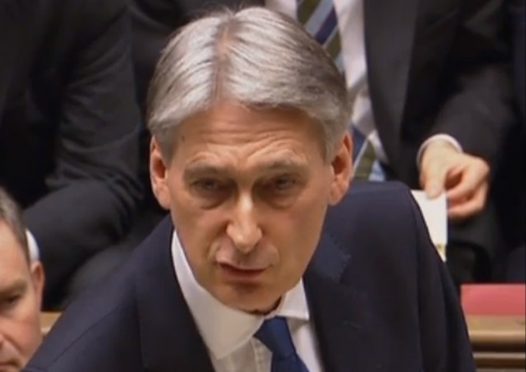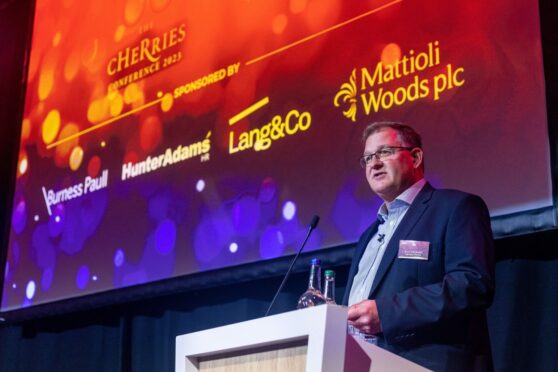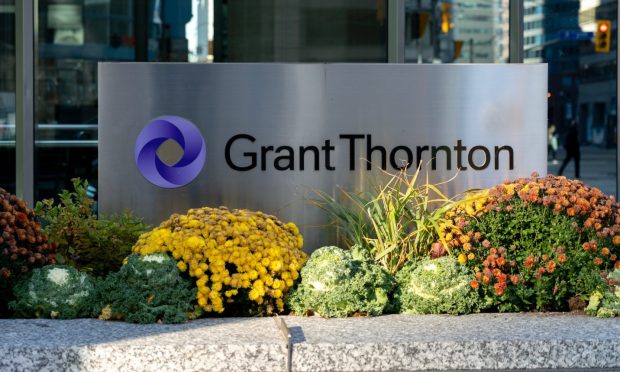Entrepreneurs starting a new business will be “penalised” under changes to National Insurance contributions announced by the Chancellor, it has been warned.
Under reforms unveiled by Philip Hammond, self-employed workers will see contributions increase by 1% to 10% from April next year and a further 1% the following year.
He told MPs the difference between NI contributions (NICs) of employed and self-employed workers could no longer be justified.
Employed staff on £32,000 a year pay £6,170 in NICs, jointly with their employer, compared with £2,300 for the self-employed.
The lower payment was not fair on the 85% of workers who are directly employed, he said.
Mr Hammond said higher paid self-employed workers will face increases of around 60p a week, raising an extra £145 million a year for the Exchequer by 2021-22.
Lucy-Rose Walker, chief executive of Entrepreneurial Spark, said: “Increasing National Insurance rates for the self-employed could be a further step by the Government to penalise those who are taking risks and starting a business, often giving up their regular pay cheques to take a chance at creating something great.
“We believe there should be more, not less, support for entrepreneurs who are starting and scaling businesses. Removing the few remaining incentives of being self-employed is counter-intuitive and will lead to fewer enterprises and consequently fewer jobs.”
Fiona Twycross, Labour’s London Assembly spokeswoman for the economy, said: “Over half of Londoners are employed by small and medium sized enterprises, whether it is a tech start-up, a corner shop, an artisan maker or a business consultancy. They shouldn’t be penalised for operating in London as opposed to other parts of the country.”
Torsten Bell, director of the Resolution Foundation, said: “There are lots of good reasons for people to be self-employed but unfair and expensive tax advantages shouldn’t be one of them.
“By abolishing Class 2 NICs and staggering the increase in Class 4 NICs, most self-employed workers will actually be better off next year, with higher paid accountants and management consultants taking the biggest hit.”
Mike Cherry, chairman of the Federation of Small Businesses, said: “The National Insurance rise should be seen for what it is – a £1 billion tax hike on those who set themselves up in business.
“This undermines the Government’s own mission for the UK to be the best place to start and grow a business, and it drives up the cost of doing business.”










